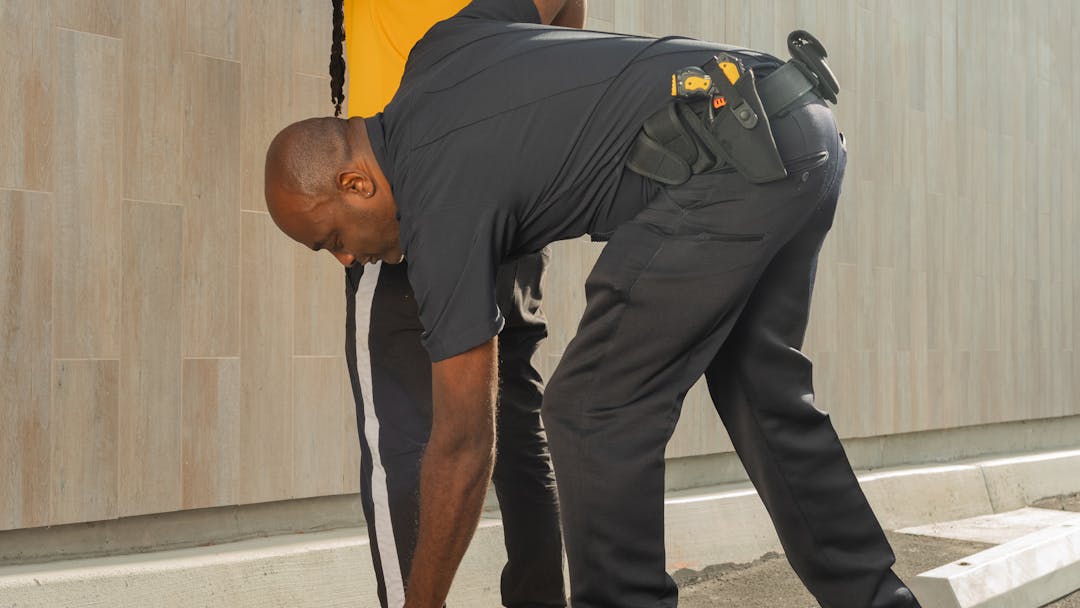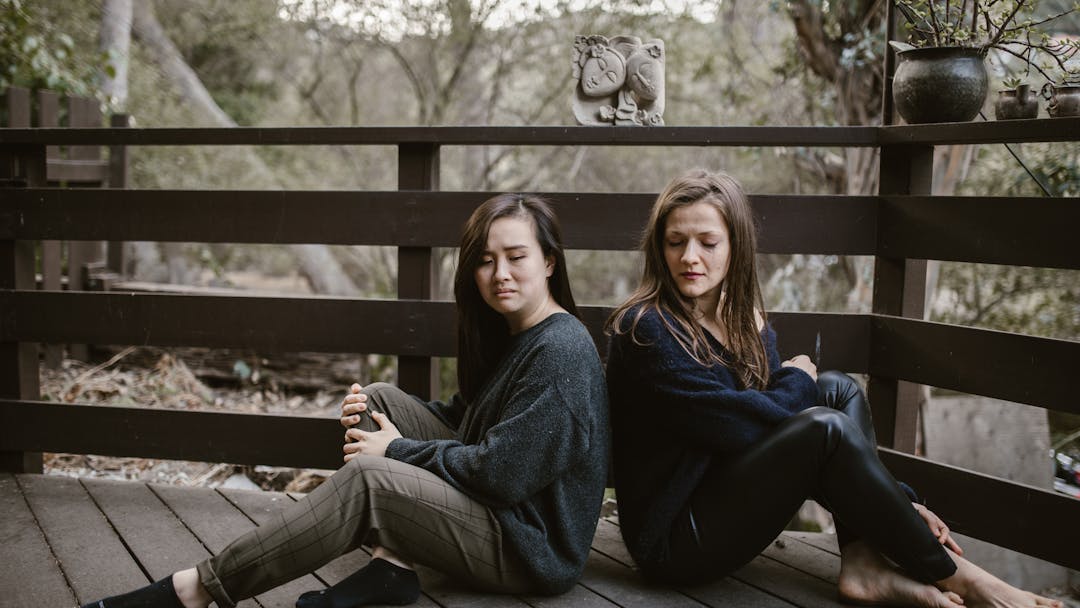A New York Times report exposed widespread child labor in a Michigan factory, prompting state and federal authorities to take action. The report focused on a Hearthside Food Solutions plant in Kentwood, alleging the presence of numerous underage workers.
Michigan’s Department of Labor and Economic Opportunity (LEO) and the U.S. Department of Labor launched investigations into the facility.
Additionally, Michigan’s Occupational Safety and Health Administration (MIOSHA) levied over $50,000 in fines against the plant for inadequate safety training and dangerous machinery.
Hearthside initially denied the allegations but has since paid some fines and is appealing others.
Federal and State Collaboration
The U.S. Department of Labor has increased oversight through an interagency task force focused on combating child labor. This initiative allows collaboration with other federal agencies, like the Department of Education, which offers training on child labor identification to school staff.
Strengthening Enforcement
State legislators are proposing bills to improve child labor enforcement and worker protection. One bill increases fines for violating child labor laws, aligning them with federal penalties. It also allows child workers to sue for damages and protects whistleblowers from retaliation.
Another bill proposes a complete overhaul of the work permit system in Michigan. Currently, teens obtain permits through schools. This bill would shift the responsibility to the LEO, creating a centralized database of legal teen workers and their employers. This system would enhance the LEO’s ability to identify potential child labor violations.
Immigrant Advocacy and Underlying Issues
Many underage workers in the exposed case were immigrants. Immigrant advocacy groups support the proposed bills, emphasizing provisions for compensating victims and protecting whistleblowers.
These measures could alleviate stress on immigrant families forced into child labor due to economic hardship.
However, these groups express concern that solely focusing on enforcement might drive children into even more dangerous and unregulated working environments.
As always addressing the (root causes) of child labor, such as poverty and lack of opportunity, is crucial for lasting solutions.





